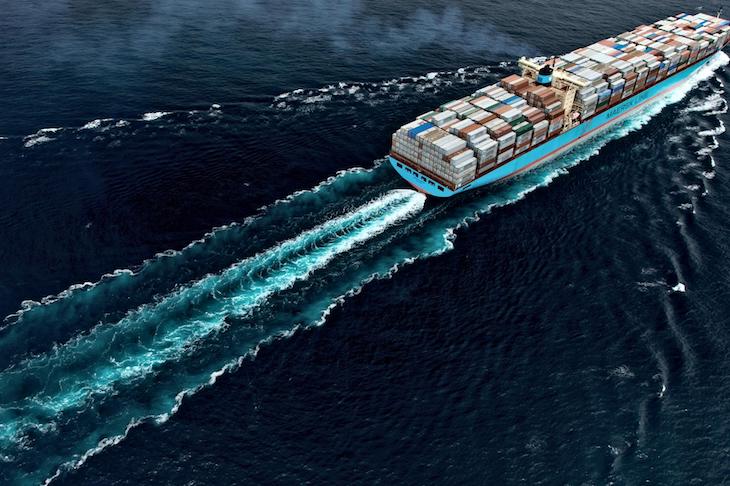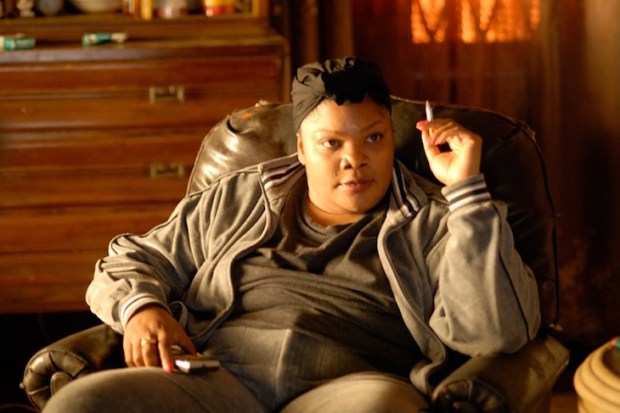‘We are globalisation,’ a senior executive at the shipping company Maersk told me. ‘We enable it, and we have questions about it too, but we ask them in isolation.’ He then granted me leave to travel on Maersk vessels wheresoever I wished in order to write a book about shipping and seafarers, promising that Maersk’s lawyers would not vet the manuscript before publication.
Already a subscriber? Log in
Black Friday sale
Subscribe today and get 10 weeks of The Spectator Australia for just $1
- Unlimited access to spectator.com.au and app
- The weekly edition on the Spectator Australia app
- Spectator podcasts and newsletters
- Full access to spectator.co.uk
Or
Unlock this article
You might disagree with half of it, but you’ll enjoy reading all of it. Try your first month for free, then just $2 a week for the remainder of your first year.














Comments
Black Friday sale
Subscribe today and get 10 weeks of The Spectator Australia for just $1
SUBSCRIBEAlready a subscriber? Log in